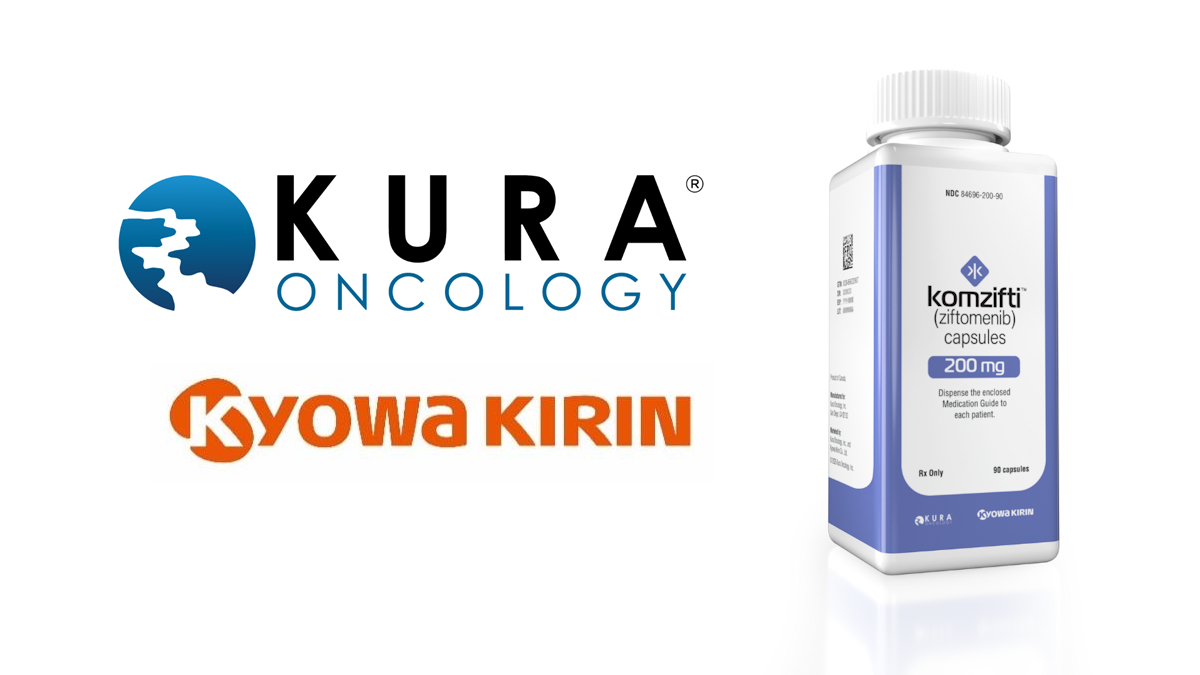Pharma marketers know that search engine marketing (SEM) is one of the most effective ways to reach patients and healthcare professionals actively seeking information. But when it comes to keyword targeting, one ethical and regulatory question consistently arises: Can pharma companies use Google keywords for conditions or symptoms their drug isn’t approved to treat?
The short answer is no—and the reasons why go beyond just FDA compliance.
1. FDA Rules Apply to All Promotional Channels
Whether a drug ad appears on TV, a banner, or a Google search result, the same FDA regulations apply. Promotion must be truthful, balanced, and not misleading. Using a keyword for a condition that your drug isn’t indicated for can create an implied claim of effectiveness for that condition—even if your ad copy doesn’t explicitly say it.
For example, if a brand uses the keyword “chronic pain relief” but the drug is only approved for diabetic neuropathy, regulators could view this as suggesting off-label use. That’s a compliance risk pharma can’t afford.
2. Google’s Policies Don’t Shield You
Some marketers assume that as long as they comply with Google’s advertising policies, they’re in the clear. But Google’s policies are not a substitute for FDA guidance. Google may allow the keyword, but that doesn’t make it compliant. In fact, the FDA has issued enforcement letters citing search ads where keyword choices were misleading or broadened a drug’s perceived indication.
Pharma’s digital teams need to understand that “technically possible” doesn’t mean “legally or ethically defensible.”
3. Intent Matters — And So Does Perception
Even if your ad’s copy avoids off-label claims, the intent behind your keyword strategy matters, FDA reviewers and competitors alike could interpret targeting non-indicated conditions as an attempt to expand market share through implication. In a heavily regulated industry built on patient trust, perception can be as damaging as an explicit violation.
4. Smarter Alternatives Exist
Instead of risking off-label implications, pharma marketers can:
- Use symptom-related keywords carefully — only if the symptom is directly associated with the indicated condition and mentioned in the approved label.
- Invest in unbranded disease education campaigns — separate from branded keywords — to raise awareness and direct interested patients to educational resources rather than a product site.
- Leverage search intent data responsibly — understand what patients are looking for and create compliant content that meets those needs without overstepping.
5. So….?
Pharma brands should resist the temptation to “borrow” traffic from broader or unrelated condition searches. The short-term gain in impressions is not worth the long-term regulatory, ethical, and reputational risks.
Search marketing in pharma should be about precision and integrity, not expansion by implication.
Key Takeaway:
In pharma marketing, every keyword carries weight. If your drug isn’t indicated for the condition behind a keyword, it’s not just a poor targeting decision—it could be an FDA violation waiting to happen.










